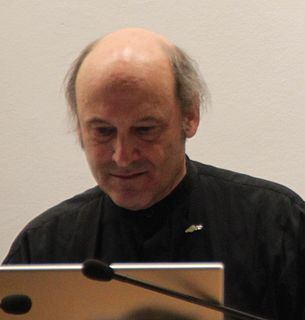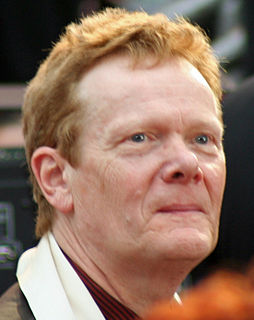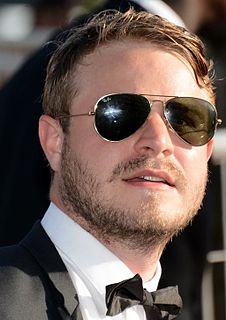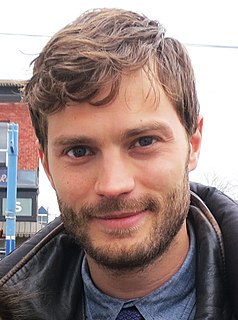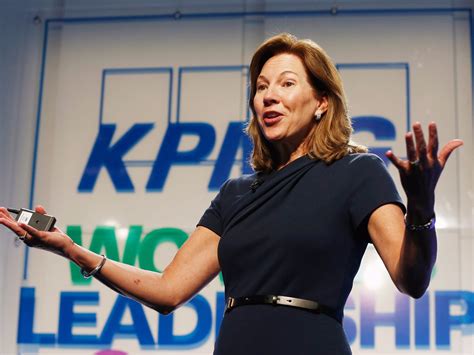A Quote by Pete Docter
I'm not actually sure if guilt is an emotion. In fact, that was - at the very beginning of this process, we realized, man, we really don't know very much about this subject so we better do some research. And we started looking around online.
Related Quotes
I heard about Bhagavad Gita very early in my childhood, from the age of five onwards. It was one of the earliest things I started to read when I started to read. And it was very much a part of my consciousness. In the beginning, I saw the "Bhagavad Gita" as a text that was very classical, much like the "Iliad" and the "Odyssey" - a mythical saga that showed the eternal conflict between good and evil. But much later, as I grew up, I realized that it was much more than that.
I started making monkey bridges, like kids do, and climbing and rappelling with ropes. Very naturally, I needed some knots. At the very beginning, I didn't care, I didn't know, and then slowly I started to know, and I started to care. I wanted to know more knots or the right knot for the special action.
Just coming to terms with the fact that I got to play April Wheeler [Revolutionary Road] and Hanna Schmitz [The Reader] in one year, let alone in my lifetime. I'm very, very aware of how rare that is as an opportunity for any one person. I can't tell you how much I've been able to take away from these experiences creatively. I really, really learned so much about acting, about myself... all of those things. It's difficult to talk about the actor's process without sounding like an arrogant asshole but they really were very challenging.
Basically, I'm a perpetual student. I start by finding a subject I really don't know very much, but that I'm curious about. I learn about it through books in a library, by doing interviews with people who know a lot about the subject, and by going out on my own and seeing for myself what's happening.
When we started talking to our actors and to our directors, this is with all due respect to the film, if you want to know what we're not doing, go watch the movie. If you want to know what we're doing, it's very much steeped in the world of the comics, but it also has a life of its own and that's really what television and our films really do is that we take the best....We hope and we're very confident that this is the beginning of something that's very exciting on Netflix.
After working for a while, I realized that acting was only satisfying about 30 percent of what interested me about the filmmaking process. Somewhere around age seventeen, I started to realize that if I'm very particular about the people I work with, then I can have the best sort of master class possible.
You're in a very nice position as an actor when you're portraying a piece of history that actually happened and portraying characters that actually existed. There's so much more to draw on and your research as an actor becomes much easier than if it's some fiction that you're trying to create a world around and background and history.
I've really come into my own as an artist. I'm much more sure of my identity and understand it much better, and have accepted the fact that I like to jump around a lot in terms of who I am and what kind of music I create, and that it is okay - in fact, that is my main identity, the fact that I do that.
I started playing golf when I was just out of college and starting my career with KPMG. I took a few lessons, and my husband has always loved to give me pointers - for better and for worse! I realized that you could really enhance relationships by being on the course with clients. In fact, my very first golf game was with some clients.
We went to Comic-Con and there were people dressed up as the characters. There's a whole canon of Ninjago history that I didn't even know about until the process of making the movie had started. Especially at Comic-Con, I realized that people really, really care about this, and I hope they like it because it's meaningful to them. It did actually change my feelings about it.


